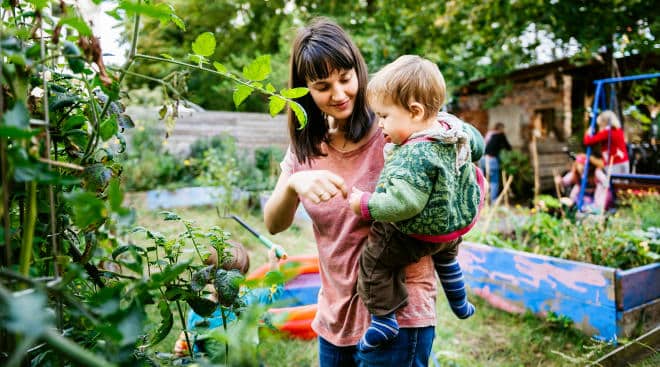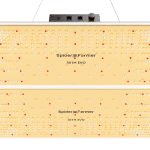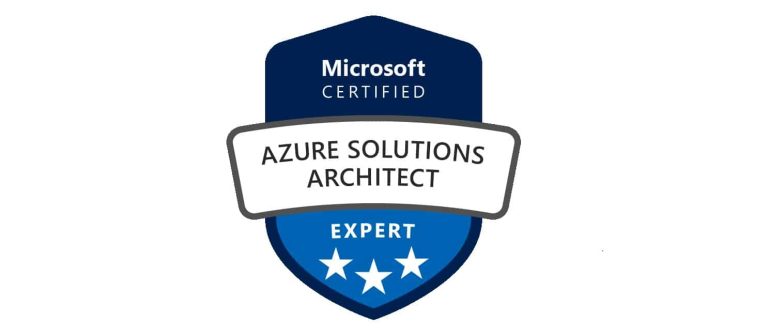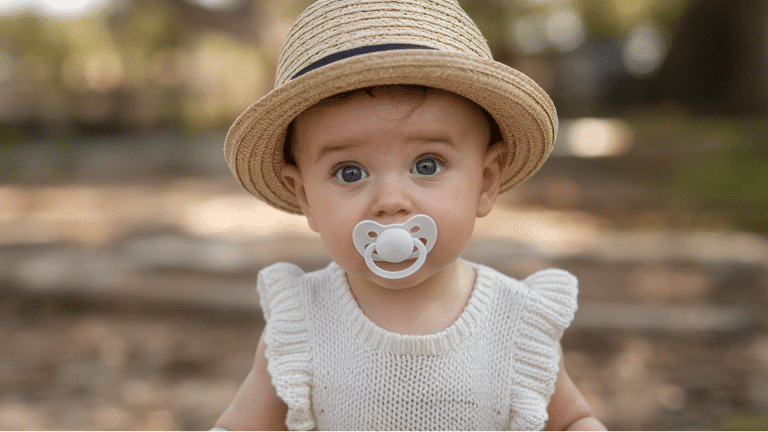The future of our planet rests on the shoulders of the next generation. As parents, we hold the responsibility of shaping our children’s environmental consciousness and nurturing within them a love and respect for the Earth.
This article explores effective strategies for introducing children to environmental concepts at home, empowering them to become responsible stewards of the planet.
Age-Appropriate Education
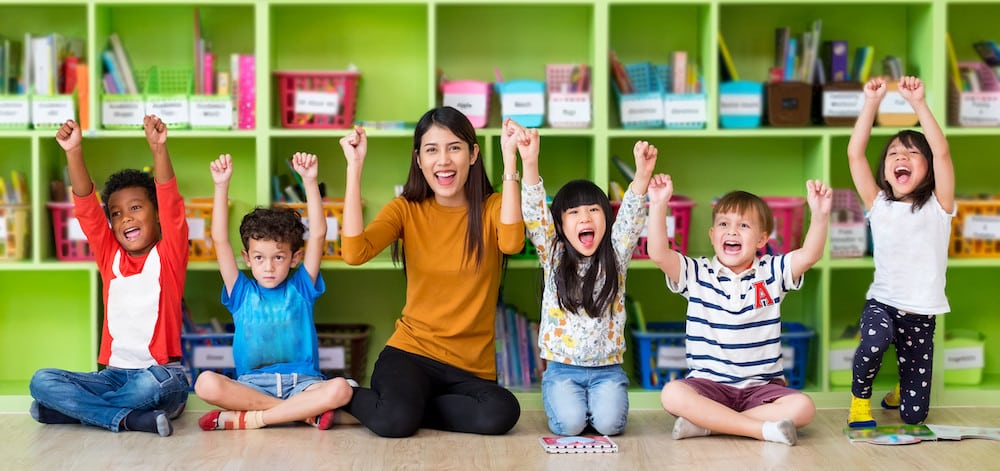
Start with the Familiar
Begin by focusing on the natural world surrounding your child. Point out the different types of plants and animals in your neighborhood park, explaining the importance of maintaining a healthy ecosystem. Discuss simple concepts like recycling and composting, connecting them to the reduction of waste in their daily lives.
Embrace the Power of Storytelling
Children are naturally drawn to stories. Utilize engaging books, documentaries, and even animated movies that address environmental issues in a relatable way. These stories can spark curiosity and open conversations about our planet’s challenges.
Make it Interactive
Learning by doing is a powerful tool. Engage your children in hands-on activities like planting a seed and observing its growth, demonstrating the concept of sustainability. Simple science experiments that explore topics like water conservation or pollution can further deepen their understanding.
Leading by Example: Actions Speak Louder Than Words
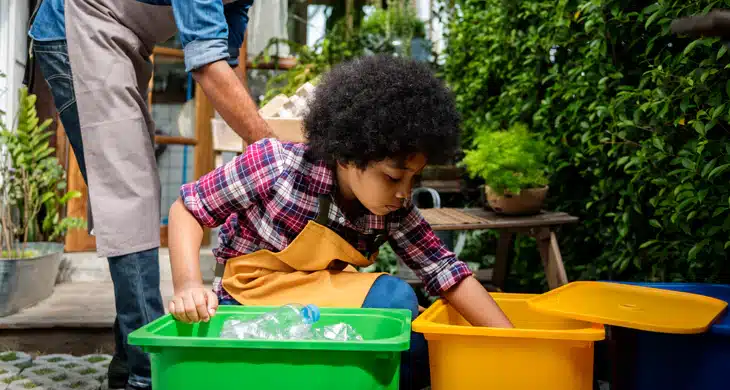
Embrace Sustainable Practices
Integrate eco-friendly habits into your daily routine. Reduce, reuse, and recycle whenever possible. Opt for reusable shopping bags, compost food scraps, and conserve water by taking shorter showers. These everyday actions will subconsciously teach your children the importance of resourcefulness and living a sustainable lifestyle.
Minimize Your Environmental Footprint
Be mindful of your energy consumption. Turn off lights in unused rooms, unplug electronics when not in use, and consider energy-efficient appliances when replacing old ones. Reduce your family’s reliance on cars by walking, biking, or using public transportation whenever possible. These choices benefit the environment and set a positive example for your children.
Connect with Nature
Make spending time outdoors a regular family activity. Go for hikes in nature trails, visit local parks, or simply spend time in your backyard. Immersing your children in nature allows them to experience the beauty and wonder of the natural world firsthand, fostering a sense of connection and responsibility towards it.
Hands-On Learning: Fostering a Deeper Connection
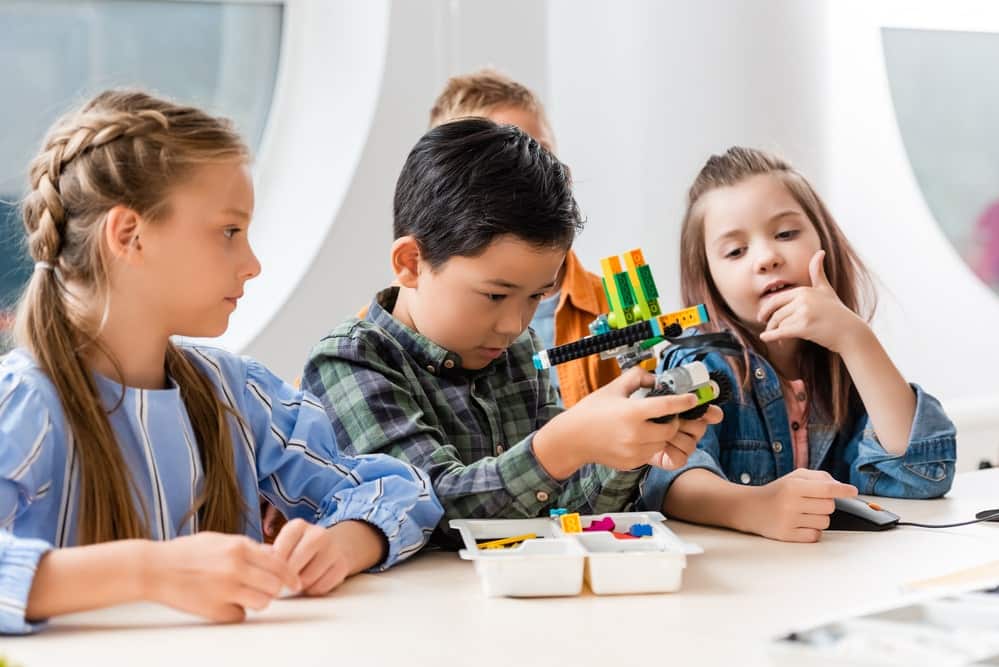
- Gardening Together: Start a small vegetable garden at home, allowing your children to witness the entire process – from planting seeds to harvesting fresh produce. This activity teaches them about plant growth and highlights the importance of responsible food production.
- Become Recycling Champions: Transform recycling into a fun family activity. Sort recyclables together, explaining the different categories and the importance of diverting waste from landfills. This can also be an opportunity to discuss the concept of responsible consumption and reducing waste in the first place.
- Citizen Science Projects: Participate in citizen science projects together. These initiatives allow families to contribute valuable data to environmental research while also allowing children to see the impact of their actions on a broader scale.
Connecting Environment with Animal Welfare
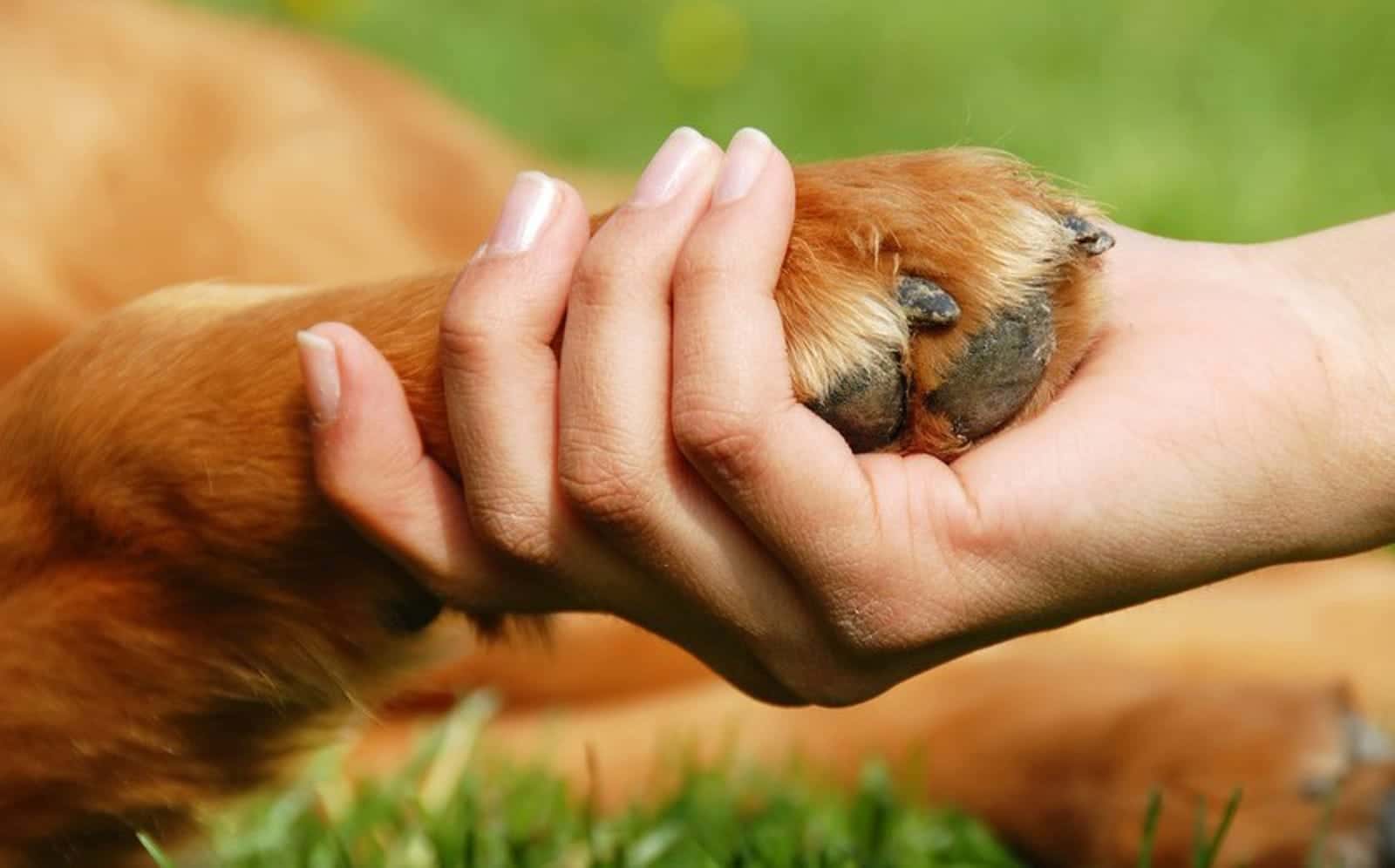
Support Wildlife Conservation Efforts
Teach your children about endangered species and the threats they face due to habitat loss and environmental degradation. Visit zoos or animal sanctuaries that prioritize responsible animal care and conservation efforts. Encourage your children to support wildlife conservation organizations through donations or volunteering opportunities.
Respecting All Living Things
Nurture a sense of respect for all living things, from the smallest insects to the largest mammals. Discourage harmful practices like littering or disturbing wildlife habitats. Encourage kindness towards animals and a sense of responsibility for their well-being.
A Sustainable Future Starts at Home
Raising eco-conscious children is not just about saving the planet, it’s about shaping a future where humanity thrives in harmony with nature. By integrating environmental education into daily life, leading by example, and empowering our children to take action, we can nurture a generation of responsible stewards who will protect our planet for years to come.
The journey towards a sustainable future begins at home, with every conversation, every action, and every seed planted together.

